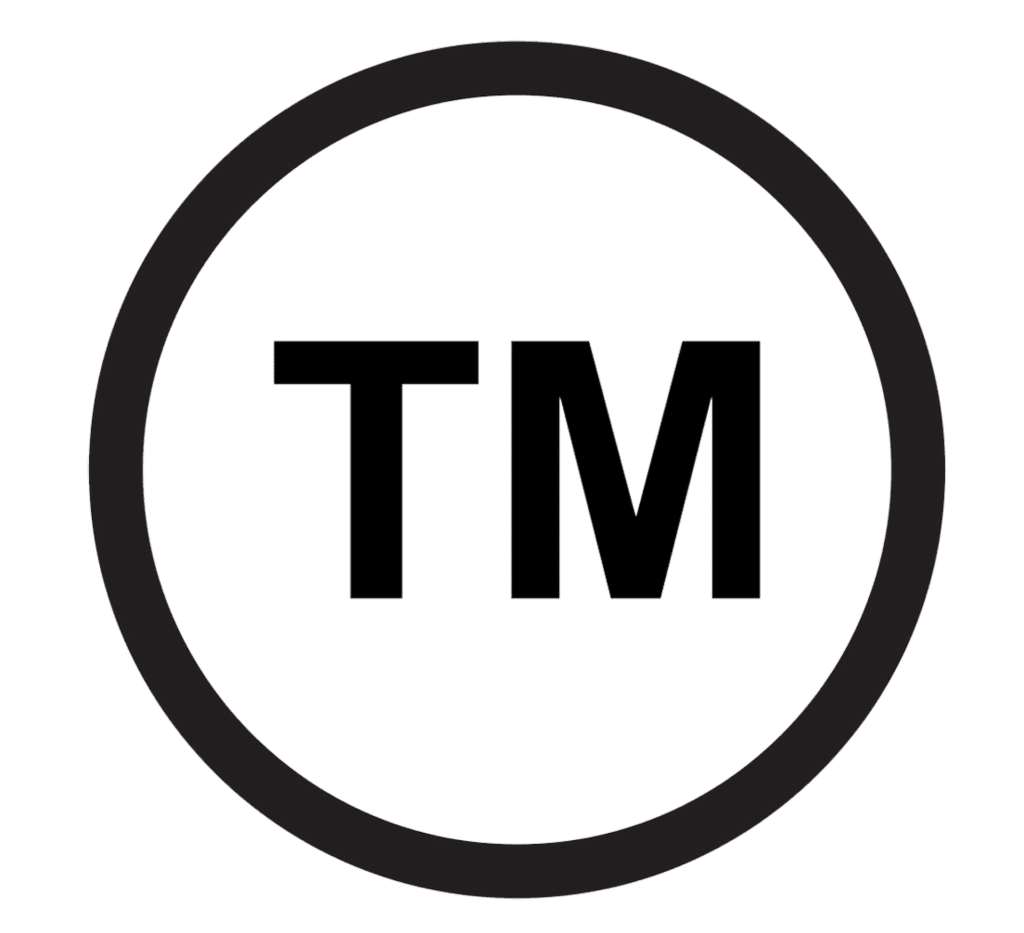In the world of business, it’s important to have distinction, recognizability, and a positive brand profile. There are always dozens of other companies looking to gain control of your target demographic, and often the company on top is the one with the most recognizable branding. Large corporations have been built from something as simple as a great logo or slogan, which builds into a particular brand look and feel, which then sells the products or services to the general market. If you want your business to be successful over the long term, it’s critical to start with smart and savvy intellectual property (IP) protections.
There are four main types of IP: trademarks, trade secrets, patents, and copyrights. Today, we’ll explore the trademark, and how this type of IP can make or break your business. There are a lot of misconceptions about trademarks, and sometimes it can be hard to know what things are eligible for trademark status. However, with an experienced intellectual property attorney in San Francisco, you can rest well knowing your unique designs and processes are locked down.
Simply put, a trademark is a word, phrase, symbol, or design (or a combination thereof) that distinguishes one company’s goods and services from another’s. There are many ways to make your brand stand out, and be recognizable to the public, and collectively, these slogans, logos, and designs are known as marks. These distinctions are usually visual (as words or images), but can also be sounds, such as the tri-tone chime of NBC television.
Under the IP laws, administered through the U.S. Patent and Trademark Office (USPTO), three classes are recognized:
- Trademark = used for physical products
- Example: Nike swish
- Service mark = used for service-based businesses
- United Airlines logo and slogan
- Trade dress = distinctive packaging or presentation
- Tiffany & Co. unique blue box
Generally speaking, whomever uses a trademark first owns it, but there is some legal gray area here. Most of the time, lawyers working in IP law focus on two main areas: establishing IP protections for new businesses, and protecting/litigating trademark infringement. There are thousands of recognizable brands out there today, so new companies have to be particularly careful when choosing their own branding, as to not conflict with anyone else in the market. Trademarks are designed to prevent customer confusion. Businesses found using trademarks, either intentionally or on accident, may face serious legal and financial penalties. If you are a business owner, and want help with your IP protections, reach out to Primum Law today and ask for your free consultation!

